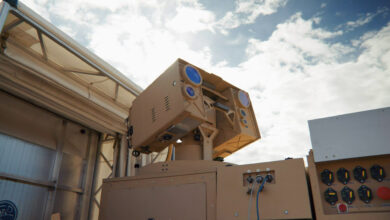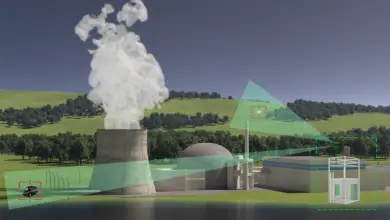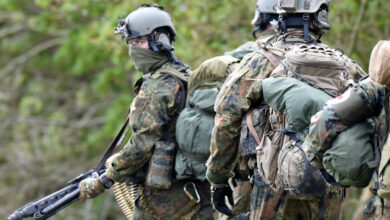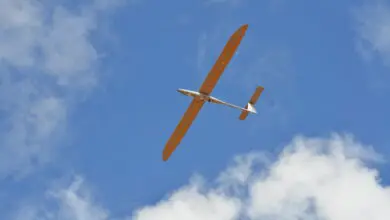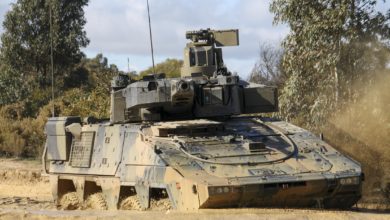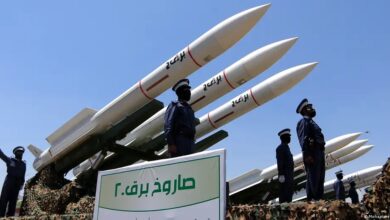Germany’s Bundestag approves funds for next-generation fighter jet
German lawmakers on Wednesday, February 12 signed off on the first funds for a multi-nation project to develop a new fighter jet and reinvigorate an ambitious programme aimed at bringing together Europe’s disparate military forces.
The stealthy Next-Generation Fighter jet is a crucial part of the Future Combat Air System, which will also include drones, missiles and so-called “remote carriers” that can be used to deliver munitions, attack communication networks or divert the attention of enemy defenses.
The Bundestag approved loans of €77 million ($83 million) to launch a research project which aims to build the first prototypes of a “new generation fighter” for European armed forces by 2026.
Last June, France, Germany and Spain signed an agreement to develop the aircraft and the first concept models were unveiled. Airbus and France’s Dassault Aviation are leading the plane’s development, aiming to have it operational by 2040, when it could replace the current generation of Rafale and Eurofighter jets.
The vote comes after months of wrangling between French and German manufacturers over the project, easing Franco-German tensions before President Emmanuel Macron attends this weekend’s Munich Security Conference.
Despite concerns that French manufacturers may be getting a larger share of the project than their German counterparts, MPs in Berlin voted overwhelmingly in favour of freeing up funds for the jet.
“We are going to do it because we don’t want to worsen Franco-German relations, especially just before Emmanuel Macron comes to the Munich Security Conference,” the parliamentary rapporteur for the project Reinhard Brandl told AFP.
The project had already cleared one key hurdle in December when an agreement was reached between Safran Aircraft Engines of France and MTU Aero Engines of Germany over how to divide the project.
Wednesday’s vote clears the way for contracts to be signed with contractors such as Dassault, Airbus and Thales, and is a timely reboot for the previously hamstrung programme.
Yet MPs attached certain conditions to their approval, including a demand for a similar, German-led tank development programme to progress alongside the FCAS project.
The FCAS initiative is a “symbol of the capacity of Europeans to work together on a single defence project,” said Jean-Pierre Maulny, vice-director of the Institute of Strategic and International Relations (IRIS) last June.
The United Kingdom announced the rival Tempest project – confusingly also known as Future Combat Air System – in 2018. Tempest has been backed by Italy and Sweden.
Such divisions prompted Macron to demand last week that Europeans “develop a greater capacity for action” in the face of global instability.
The FCAS began as a project for the German Bundeswehr, a potential successor to the Luftwaffe’s Tornados, and was first revealed in 2016. But replacement timelines shifted the project to become a potential replacement for the Eurofighter Typhoon, which will retire from German service around 2045. It is also envisaged as a Rafale replacement for the French Air Force.
With reporting from AFP



